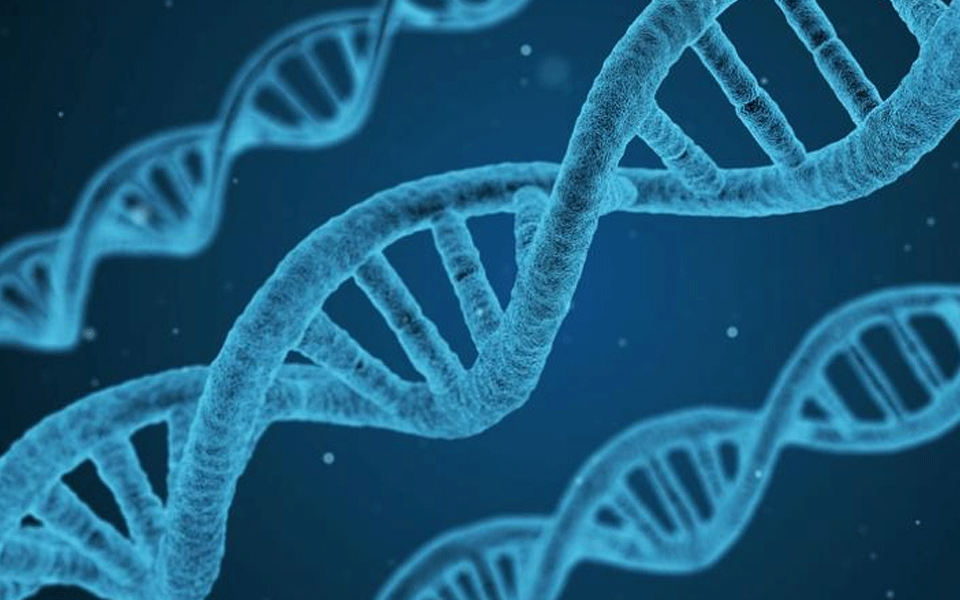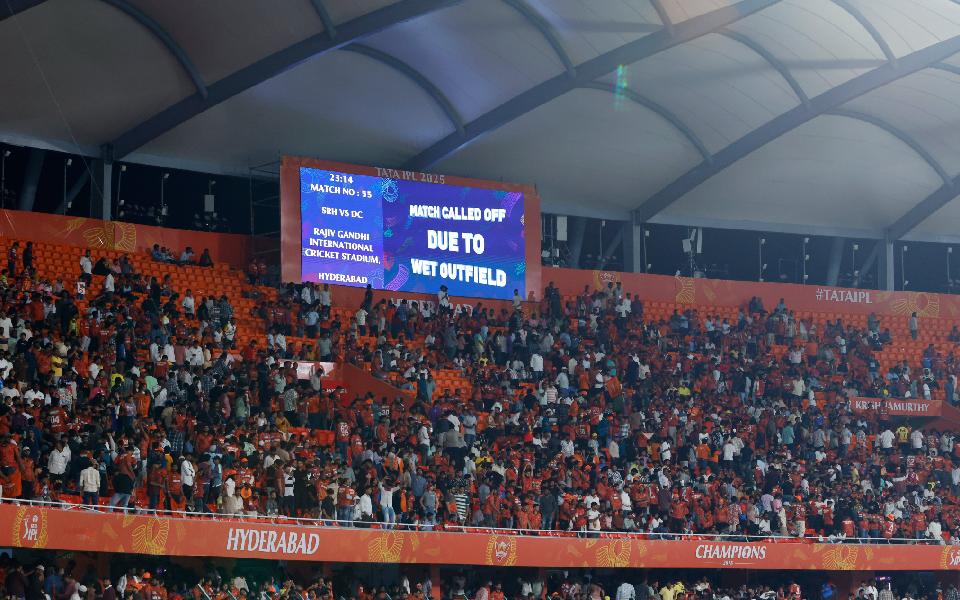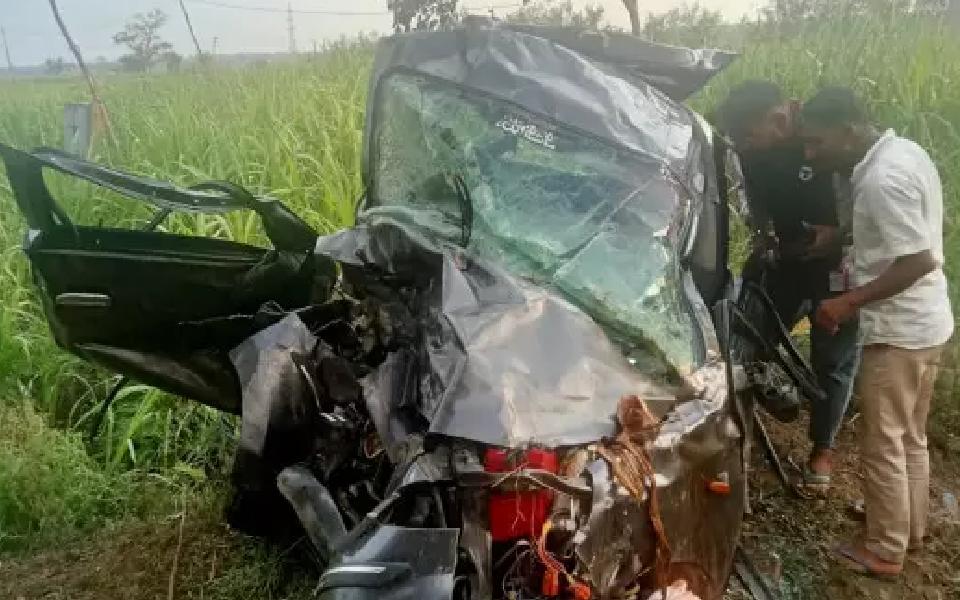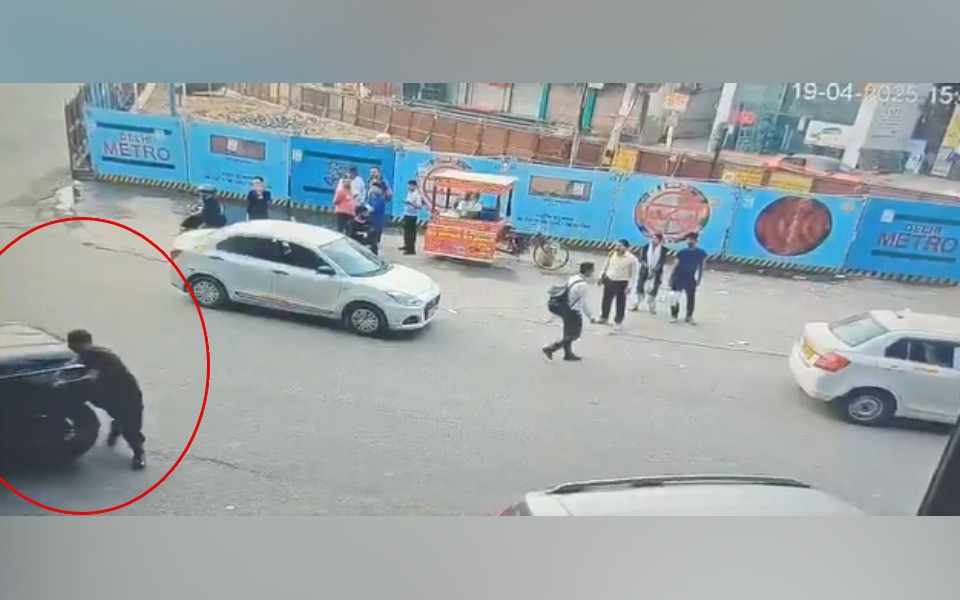New Delhi, Aug 9: A bill was introduced in the Lok Sabha on Thursday for expanding the use of DNA-based forensic technology to crack difficult criminal cases such as rape, murder and human trafficking and establish identities of unclaimed dead bodies and victims of disasters. The proposed law will support and strengthen the justice delivery system in the country.
Union Minister for Science and Technology Harsh Vardhan introduced the DNA Technology (Use and Application) Regulation Bill, 2018, which provides for mandatory accreditation and regulation of DNA laboratories.
Addressing the concerns of some opposition members, he said the bill has been examined by an expert committee.
The bill has provisions to enable cross-matching between persons who have been reported missing and unidentified dead bodies found in various parts of the country and for establishing the identity of victims in mass disasters.
It seeks to ensure that the DNA test results are reliable and the data is protected from misuse or abuse in terms of the privacy rights.
The bill seeks to establish a national DNA data bank and regional DNA data banks which shall store and maintain the DNA profiles in accordance with provisions related to use and access of information, its retention and its expunction.
Forensic DNA (Deoxyribonucleic Acid) profiling is of proven value in solving offences related to human body such as murder, rape, human trafficking, or grievous hurt, besides theft, burglary and dacoity.
According to the National Crime Records Bureau (NCRB) Report 2016, aggregate incidence of such crimes in the country is in excess of three lakh per year.
Officials said that at present a very small proportion of these crimes are subjected to DNA testing.
They said expanded use of DNA testing technology in these categories of cases would result not only in speedier justice delivery but also in increased conviction rates, which at present is only around 30 per cent.
Let the Truth be known. If you read VB and like VB, please be a VB Supporter and Help us deliver the Truth to one and all.
Hyderabad, May 5 (PTI): Sunrisers Hyderabad were eliminated from the play-offs race after their Indian Premier League fixture against Delhi Capitals was called off due to heavy rain following the first innings here on Monday.
Pat Cummins-led SRH pace attack ran through the DC batting line-up to limit the visitors to 133/7 before rain dashed the slim hopes of the home team. Both teams shared a point each for the abandoned game.
With 13 points from 11 games, DC remain in contention for a top-four spot.
After reaching the final last year, it was a season to forget for SRH who could not replicate their ballistic run of 2024 with the bat. Having collected only seven points from 11 matches, SRH will now be playing for pride.
Chennai Super Kings and Rajasthan Royals were already eliminated from the competition.
Before rain lashed the Rajiv Gandhi Stadium, the hosts put up a clinical effort with the ball and were on course for only their fourth win of the season until rain arrived, creating large puddles of water on the outfield. The match officials decided to call off the game at 11.10 pm local time.
The shot selection of Delhi Capitals' batters contributed to their downfall after being put in to bat.
They were left reeling at 29 for five in 7.1 overs with captain Cummins causing the maximum damage.
Cummins had Karun Nair caught behind on the very first ball of the match with a good length ball around the off-stump. It was a rather loose shot from the DC batter first up.
Faf du Plessis departed in Cummins' following over, a failed attempt to put the relentless Australian away for a boundary. Not getting any loose ball from Cummins, the South Africa went for a pull on the charge only to be caught by the wicket-keeper.
Cummins' third victim was Abhishek Porel who was caught after mistiming a flick.
Harshal Patel and Jaydev Unadkat then got into the act by dismissing Axar Patel and K L Rahul respectively. The in-form Rahul went for a drive on the up but ended up edging it to Ishan Kishan behind the stumps.
It was one way traffic until Tristian Stubbs (41 not out off 36) and impact player Ashutosh Sharma (41 off 26) combined to take DC to a respectable total. They shared a 66-run stand off 45 balls.
Sharma was able to break the shackles by depositing leg-spinner Zeeshan Ansari for a couple of sixes over long-on in the 15th over.
Stubbs did not look as comfortable as Sharma in the middle but managed to provide much needed support to the latter. The South African could find only four boundaries with the last one coming off the final ball of the innings.
🚨 News 🚨
— IndianPremierLeague (@IPL) May 5, 2025
Match 55 between @SunRisers and @DelhiCapitals has been called off due to wet outfield.
Both teams share a point each.
Scorecard ▶ https://t.co/1MkIwk4VNE
#TATAIPL | #SRHvDC pic.twitter.com/VnVZWjsjGJ





